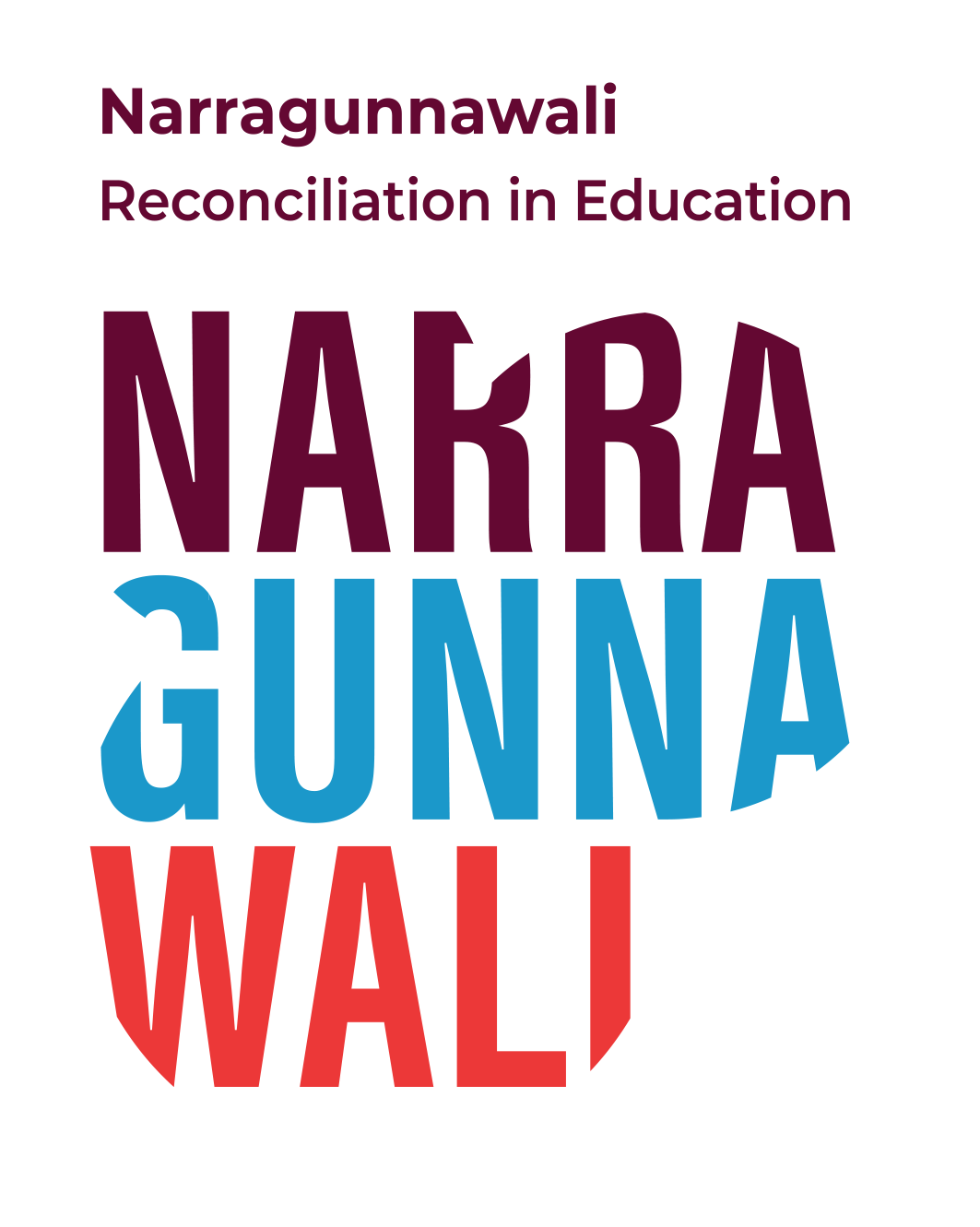Teacher Feature – Cara Shipp, Wanniassa School, Canberra
Cara Shipp is an Aboriginal/Welsh educator and a proud member of the Wiradjuri nation (from Dubbo, NSW). In this Teacher Feature Cara catches up with Hannah Bryant from the Narragunnawali team about the importance of inviting local Aboriginal and Torres Strait Islander community members into the classroom to share their knowledge and skills with students.
Hannah: Cara, thanks for having a chat with us! We’d love to hear a little bit about Wanniassa School and your role here.
Cara: We are a small school, we’ve got about 500 students from kindy to year 10, and we’ve got about 11% Aboriginal and Torres Strait Islander students, one of the biggest populations in Canberra schools. I was brought on here in 2011, in a newly created role for Executive teacher of Indigenous programs.
Hannah: A lot of teachers
that we talk to are unsure about where to start when embedding Aboriginal and Torres
Strait Islander perspectives in their classrooms. How have you supported
teachers to engage in Aboriginal and Torres Strait Islander histories and
cultures in a way that is embedded in their daily practice?
Cara: The first step is
bringing people in from the community. Once staff realise that they are normal
human beings and it’s not scary and they have things to offer then they are
quite open to learning from Aboriginal community members. My big focus has been
to have people coming in as guests: we’ve had artists in residence, writers in residence,
Aboriginal dancers working with the dance teacher, a textile artist working
with the textiles teacher and many more. The more people from the community
that you can bring into the school the better, because then it’s not just me
standing at the front of the staff meeting saying you should do this; the staff
and students are meeting people and learning about cultural perspectives first
hand.
Hannah: Local knowledge is so powerful. What advice can you give to teachers and educators to ensure that relationships with the community are respectful and meaningful?
Cara: There’s a bit of an invisible barrier I think in most places between the Aboriginal and non-Aboriginal worlds, and it seems that some people are quite blind to what is around them. Any kind of Aboriginal events that are on, whether it’s a film screening or a Sorry Day march are a good way for people to learn who’s around in the community. I think a lot of teachers get cut off at the pass because it’s not easy for schools to get into contact with Aboriginal people sometimes, and they think “Oh well if these people really wanted to share their culture, wouldn’t they be more eager?” But I think a lot of Aboriginal people are wary about what schools want to do with their stuff and they want to make sure you’re actually fair dinkum and serious about having a partnership with them, so I guess that’s part of the test to see how serious you are, whether you keep calling back and pursuing it, or whether you’re going to give up.
Hannah: How do you manage the expectation on guests you invite into the school to work with teachers and students? Do you remunerate people that come into the school?
Cara: Yes, definitely, absolutely. I think this country has a history of misappropriating Aboriginal artists - we have benefited from Aboriginal knowledge without remuneration for hundreds of years now so I think it’s the right thing to do. Luckily I have had principals who have had money, got grants for me, or I have been able to get grants to support that.
Hannah: Who inspires you?
Cara: Lots of people! I think probably Charlie Perkins. I’ve always been really interested in his life and his activism. The Freedom Rides really captured my imagination when I learnt about them at university. Just the persistence and drive that he showed, as well as the challenges he faced in walking two worlds because he wasn’t always part of his Aboriginal culture and community either. Identity is so complex for Aboriginal people and I certainly find it complex myself so I think he would be the one who really inspires me.
To learn more you can engage with the following Professional Learning resources:
Bringing Aboriginal and Torres Strait Islander perspectives into the classroom: No Excuses


